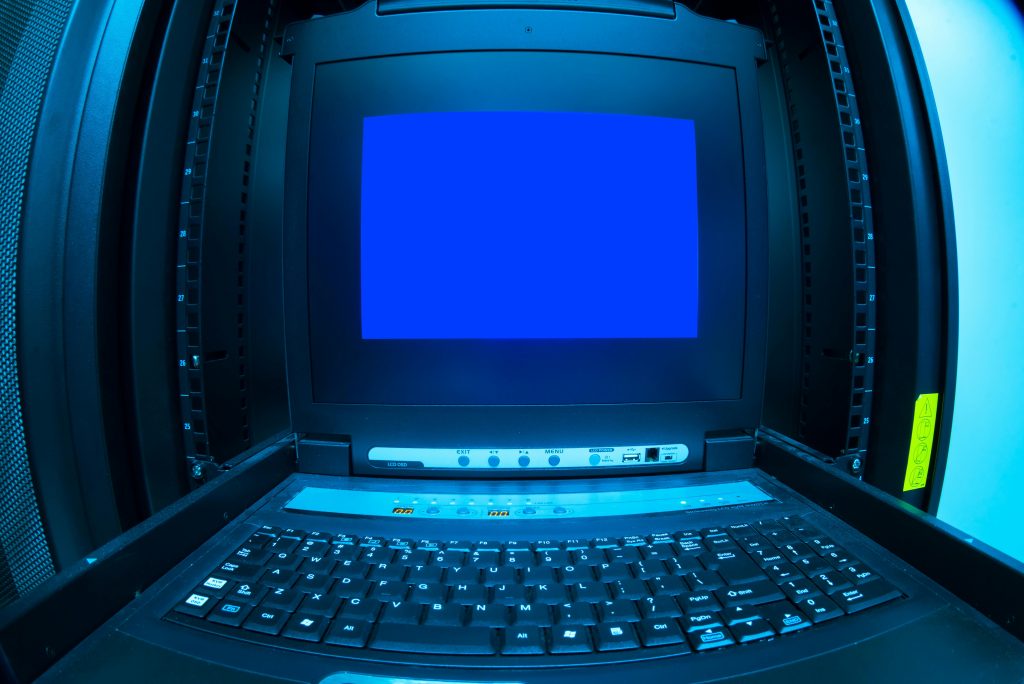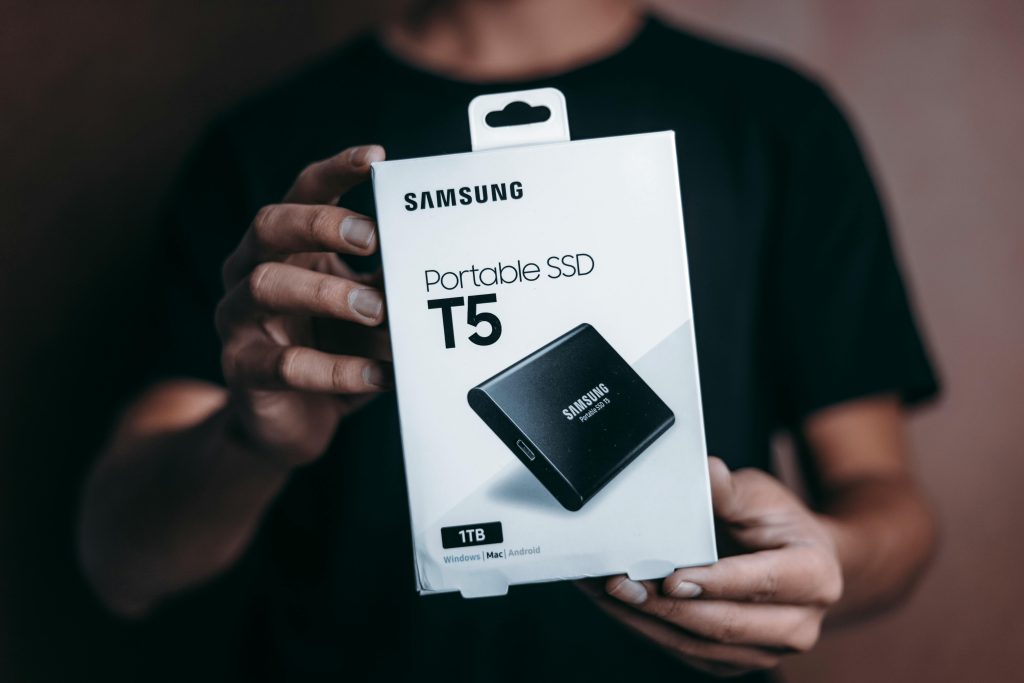Understanding Unexpected Storage Consumption on Your PC: Troubleshooting Tips and Solutions
In today’s digital age, managing storage space efficiently is crucial for optimal PC performance. However, users often encounter perplexing scenarios where their disk space diminishes mysteriously, even without intentional downloads or large file transfers. If you find yourself facing a similar issue — your storage rapidly filling up without clear reasons — this article aims to guide you through potential causes and effective troubleshooting steps.
Recognizing the Issue
A common scenario involves noticing that the primary drive’s available space dwindles unexpectedly. For instance, a user might observe that their main disk, intended primarily for system files and applications, has less space than anticipated. Even after uninstalling unnecessary programs, the free space might seem insufficient, and subsequent checks reveal a sudden drop in available storage. Such issues can lead to system slowdowns, installation failures, or operational errors.
Possible Causes of Unexplained Disk Space Loss
-
Hidden or Temporary Files: Operating systems and applications generate temporary files, cache data, and logs that can accumulate over time. Sometimes, these files are hidden or not promptly deleted, leading to unexpected disk space usage.
-
System Restore and Shadow Copies: Windows creates restore points and shadow copies which can consume significant storage over time, especially if automatic management isn’t configured appropriately.
-
Large Log Files or Crash Dumps: Certain applications or system errors can generate large log files or crash dump files stored on your drive, consuming valuable space.
-
Automated Application Data: Programs like video editors, 3D modeling software, or games might generate data or cache files on the drive, even if they are stored in designated folders.
-
Malware or Unwanted Software: Malicious or unwanted software can create or modify files, leading to unnoticed storage consumption.
Case Example
Imagine a scenario where a user notices the primary disk’s free space reduces from 20 GB to nearly full, despite not downloading anything new. The user recently installed Blender, downloaded addons, and watched videos — all actions that, in theory, should not significantly impact disk space on the primary drive if stored correctly.
Subsequently, a low disk space notification appears, showing only 169 MB remaining, which is critical for system stability.
Step-By-Step Troubleshooting
-
Check Disk Usage in Detail
-
Use built-in tools such as Windows’ “Storage” settings or third-party disk analyzers
Share this content:



